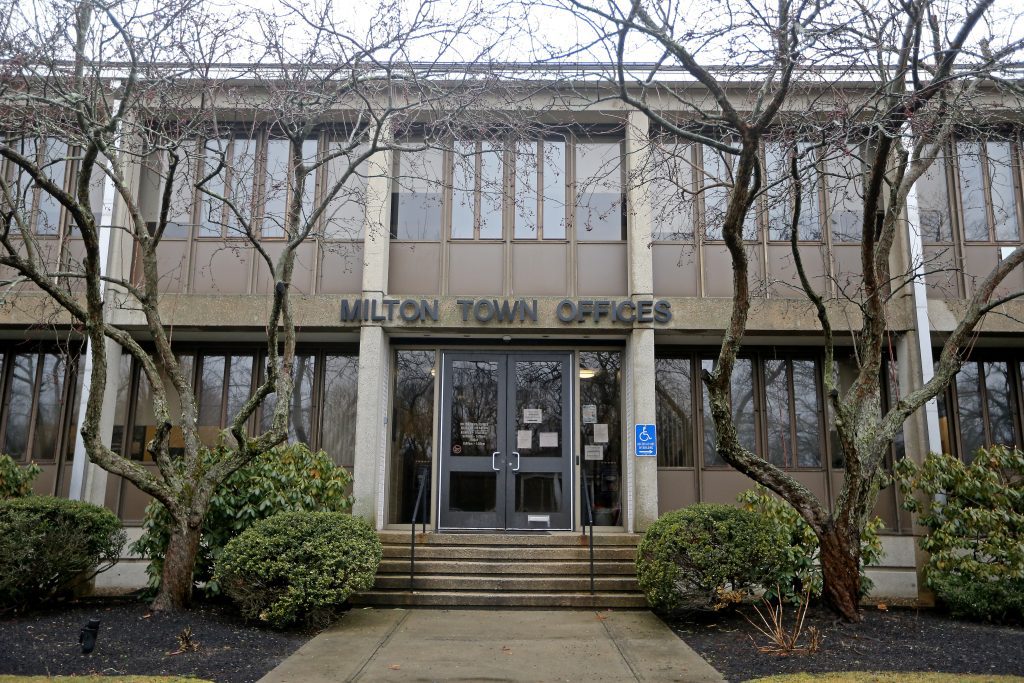The attorney general’s lawsuit against Milton to make them follow the 2021 law meant to encourage much-needed housing production in Greater Boston will be heard by the entire Supreme Judicial Court this autumn.
Justice Serge Georges decided on Monday that the case brings up important questions that need to be resolved to avoid recurring issues, and instructed both sides to get ready for oral arguments before all seven justices of the high court in October.
In February, Attorney General Andrea Campbell filed a lawsuit against Milton and its building commissioner, Joe Atchue, claiming violations of the MBTA Communities Act, which mandates that cities and towns near T service must adopt zoning allowing multifamily housing in certain areas. She argued that the law does not permit communities to opt out of new zoning requirements, but Milton officials argued that the only consequence for non-compliance is ineligibility for state grants.
“After considering the parties’ submissions, I believe that this case raises novel questions of law which are of public importance, and which are time sensitive and likely to recur, i.e., the scope of a municipality’s legal obligations under [the MBTA Communities Act], and under the related Guidelines, and whether the Attorney General has authority and standing to enforce compliance with the same,” Georges wrote. “Therefore, in my opinion, the matter would best be decided by the full court…”
Milton Town Meeting approved a plan that would have complied with the law, but opponents of the changes worried about excess development pursued a referendum, and a majority of Milton voters last month chose to spike the compliant zoning plan.
The state quickly revoked a recent $140,800 seawall and access improvement grant, and said the town will be ineligible to receive future MassWorks and HousingWorks grants and will be at a competitive disadvantage when seeking other state funds.
As the lawsuit against Milton heads towards a fall date with the SJC, signs of a growing municipal resistance are cropping up in other towns that face an end-of-the-year deadline to comply with the law themselves. Many of those towns, like Wrentham, are expected to consider zoning plans at spring or fall town meetings.









